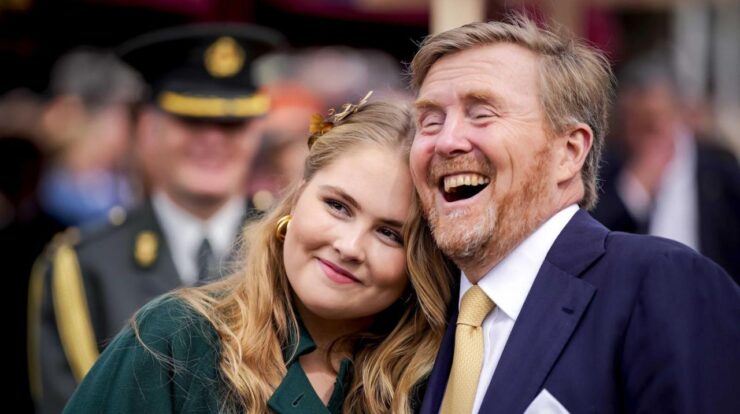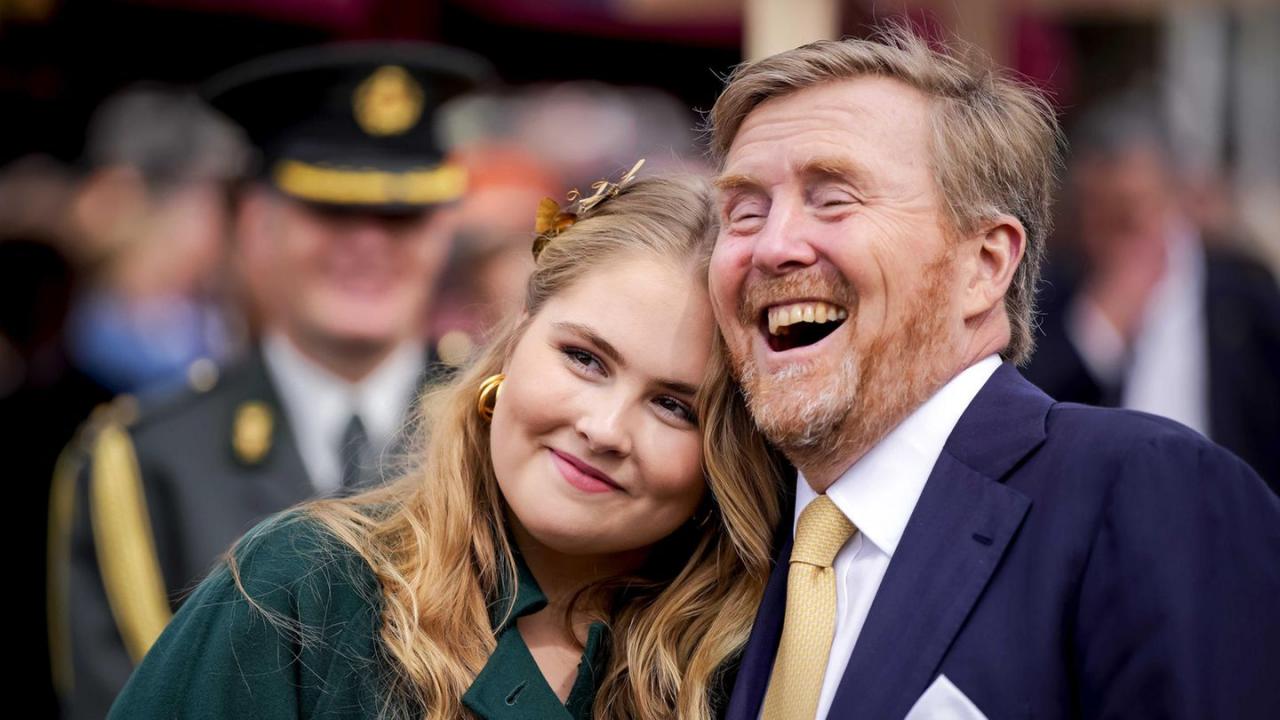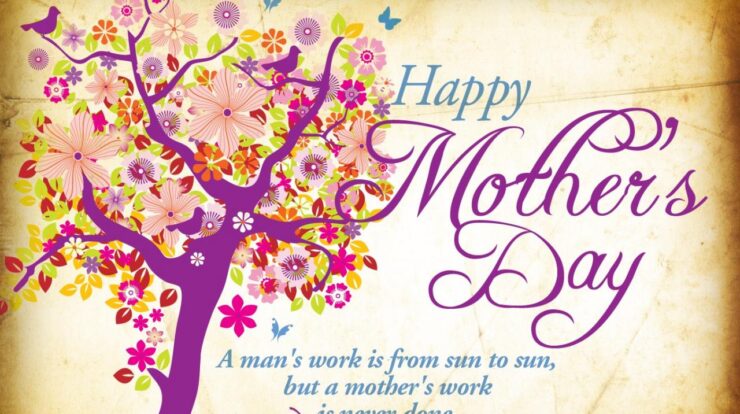
Netherlands King Willem-Alexander, a beacon of stability and tradition, plays a pivotal role in the nation’s governance and international standing.
As the constitutional head of state, Willem-Alexander embodies the unity of the Dutch people, representing their values and aspirations on the global stage.
Introduction: Netherlands King

The Netherlands is a constitutional monarchy with a long and rich history. The Dutch monarchy traces its origins back to the 16th century, and the current king, Willem-Alexander, is the seventh monarch from the House of Orange-Nassau. The monarchy plays a significant role in Dutch society, serving as a symbol of national unity and stability.
Willem-Alexander was born in 1967 and ascended to the throne in 2013 following the abdication of his mother, Queen Beatrix. He is married to Queen Máxima, and they have three daughters: Catharina-Amalia, Alexia, and Ariane.
Willem-Alexander’s Role and Responsibilities
The Dutch king is the head of state and symbol of national unity. He has a constitutional role and is responsible for signing laws, appointing government ministers, and opening parliament. The king also plays a role in government affairs, attending cabinet meetings and providing advice to the prime minister.
In addition to his constitutional duties, the king also has a number of ceremonial and public roles. He attends official events, visits foreign countries, and represents the Netherlands at international gatherings.
Royal Family and Succession, Netherlands king
Willem-Alexander is married to Queen Máxima, who was born in Argentina. They have three daughters: Catharina-Amalia, Alexia, and Ariane. Catharina-Amalia is the heir to the throne and will become queen upon her father’s death or abdication.
The Dutch monarchy is hereditary, and the throne passes to the eldest child of the reigning monarch, regardless of gender. If the monarch has no children, the throne passes to the next sibling in line of succession.
The Netherlands’ International Standing
The Netherlands is a member of the European Union and plays an active role in international affairs. The king is the head of state and represents the Netherlands at international gatherings. He also promotes the Netherlands’ interests abroad and works to strengthen ties with other countries.
The king has visited a number of countries during his reign, including the United States, China, and Japan. He has also met with world leaders, such as President Barack Obama and Prime Minister Shinzo Abe.
Public Perception and Media Coverage

The Dutch monarchy is generally popular with the public. The king and queen are seen as symbols of national unity and stability. The media coverage of the royal family is generally positive, and the royals are often featured in newspapers, magazines, and television shows.
However, there have been some criticisms of the monarchy in recent years. Some people have argued that the monarchy is too expensive and that it is not necessary in a modern democracy. Others have criticized the king’s personal life, such as his decision to marry a Roman Catholic.
Ending Remarks
The Dutch monarchy, with Willem-Alexander at its helm, continues to evolve, adapting to changing societal norms while preserving its deep-rooted traditions. It remains a cornerstone of the Netherlands’ national identity and a symbol of its rich history.
Detailed FAQs
What is the role of the Netherlands King?
The Netherlands King serves as the constitutional head of state, representing the unity of the Dutch people and playing a symbolic role in government affairs and public life.
Who is Queen Máxima?
Queen Máxima is the wife of King Willem-Alexander and plays an active role in royal duties and charitable work.
What is the line of succession to the Dutch throne?
The line of succession follows the principle of male-preference primogeniture, with the eldest male heir taking precedence.






